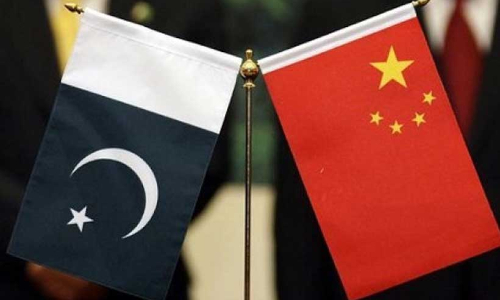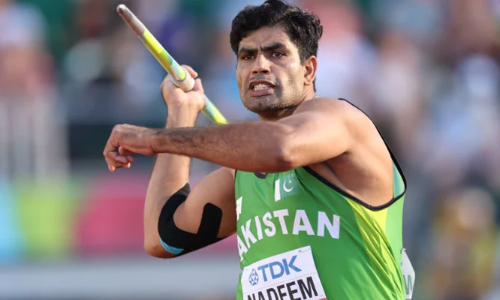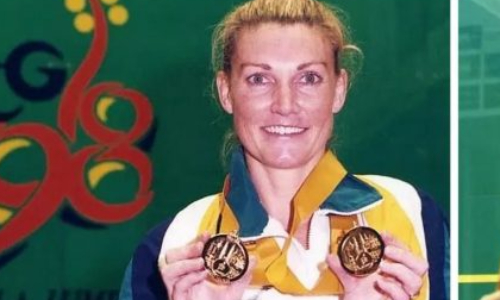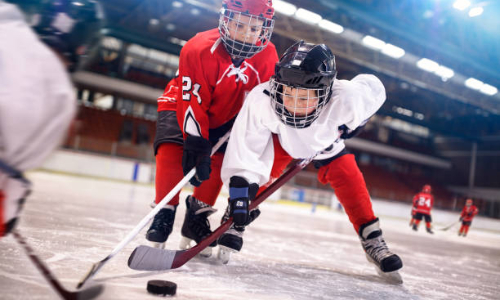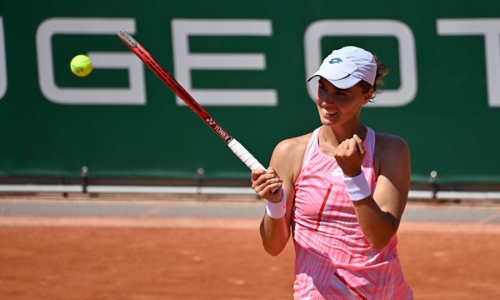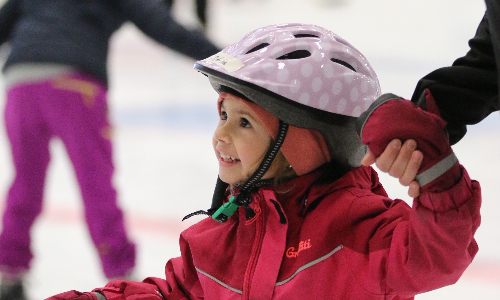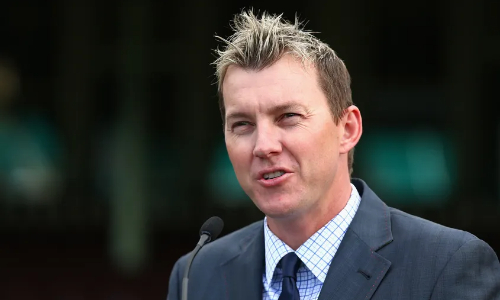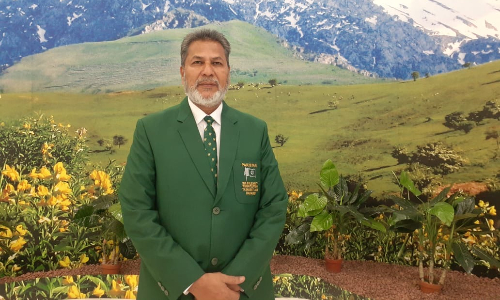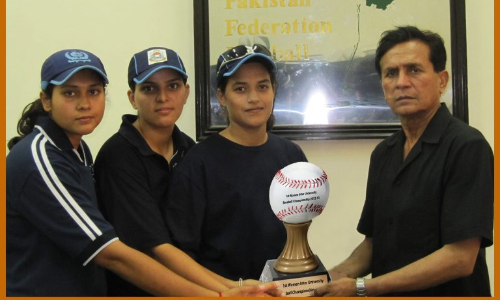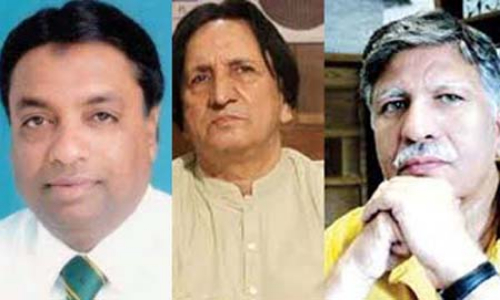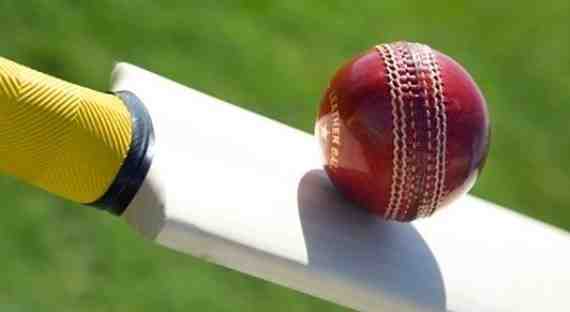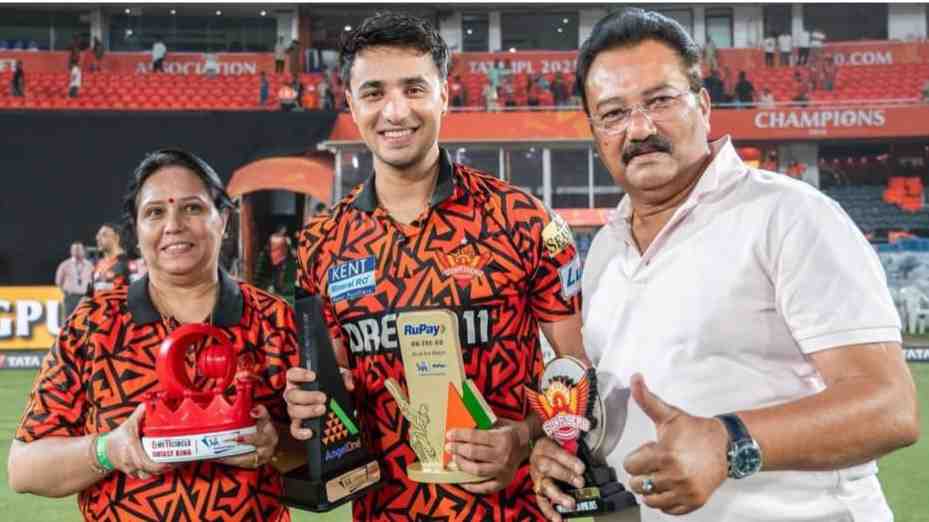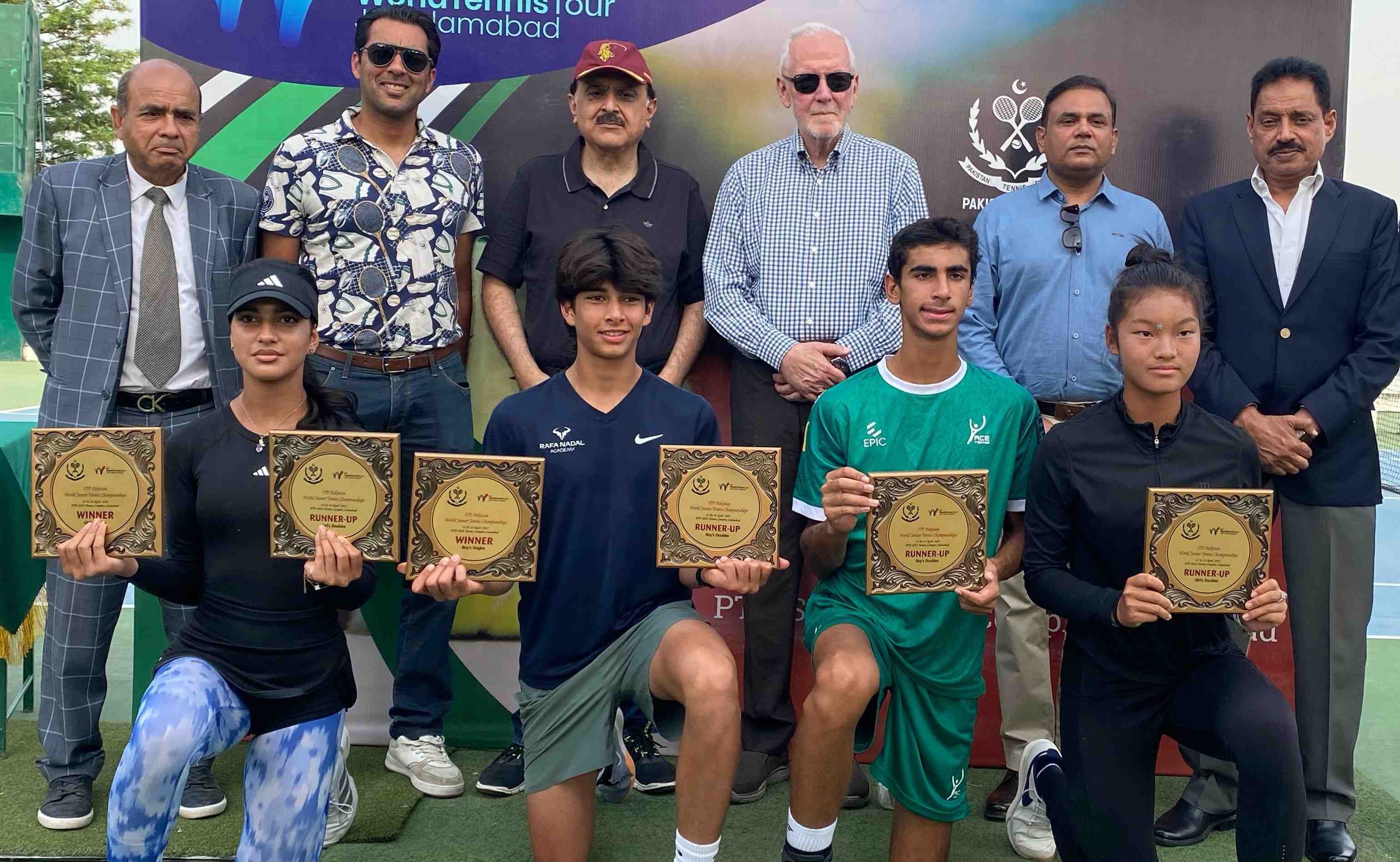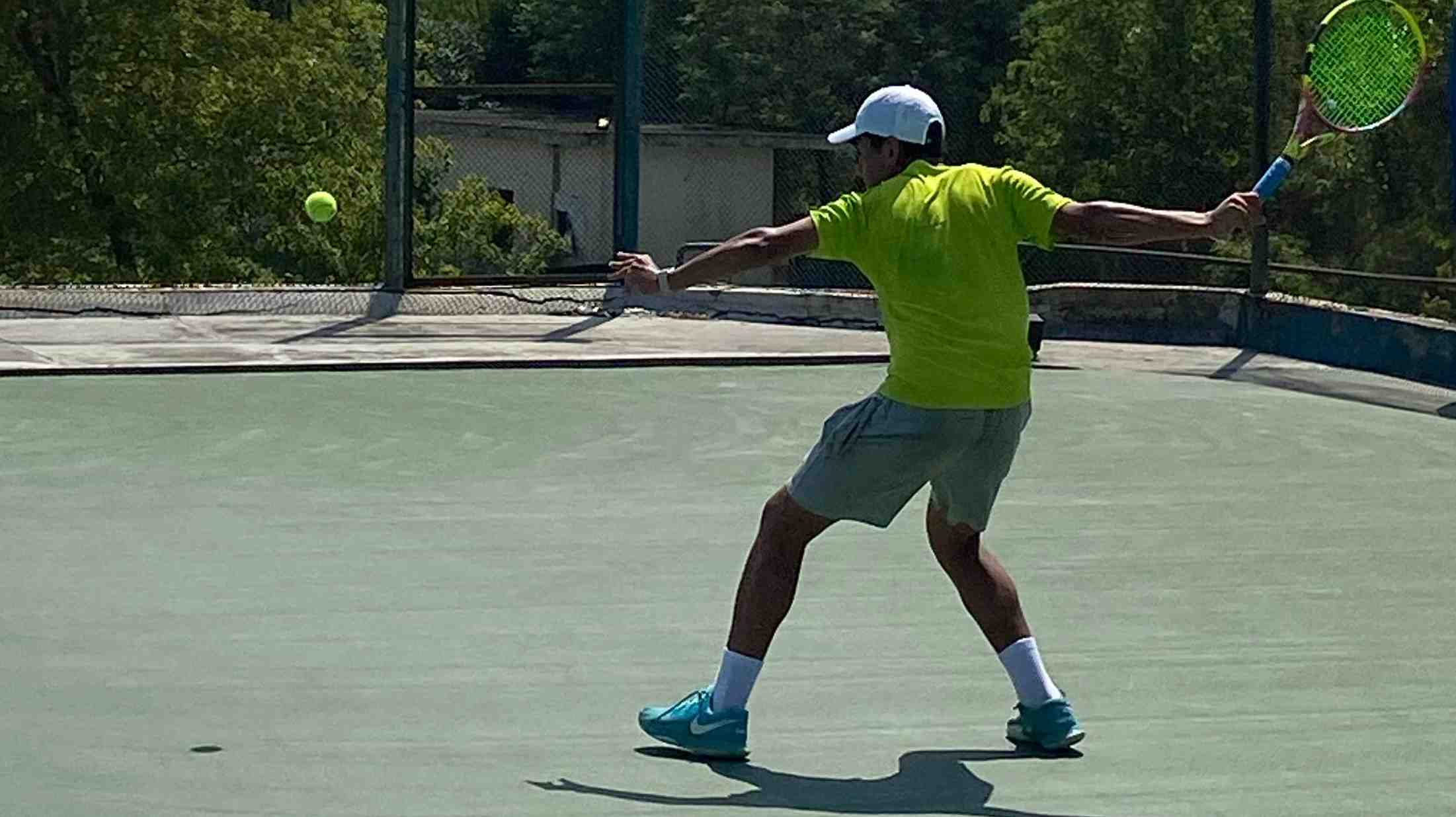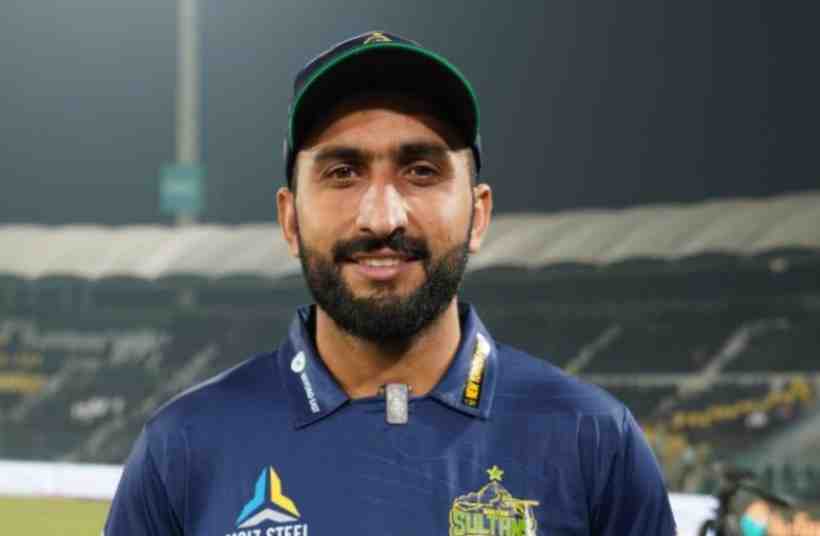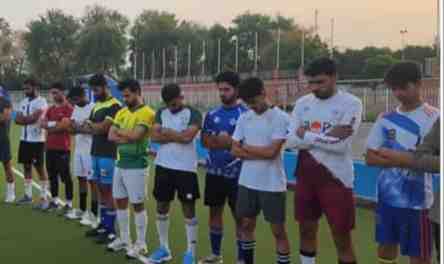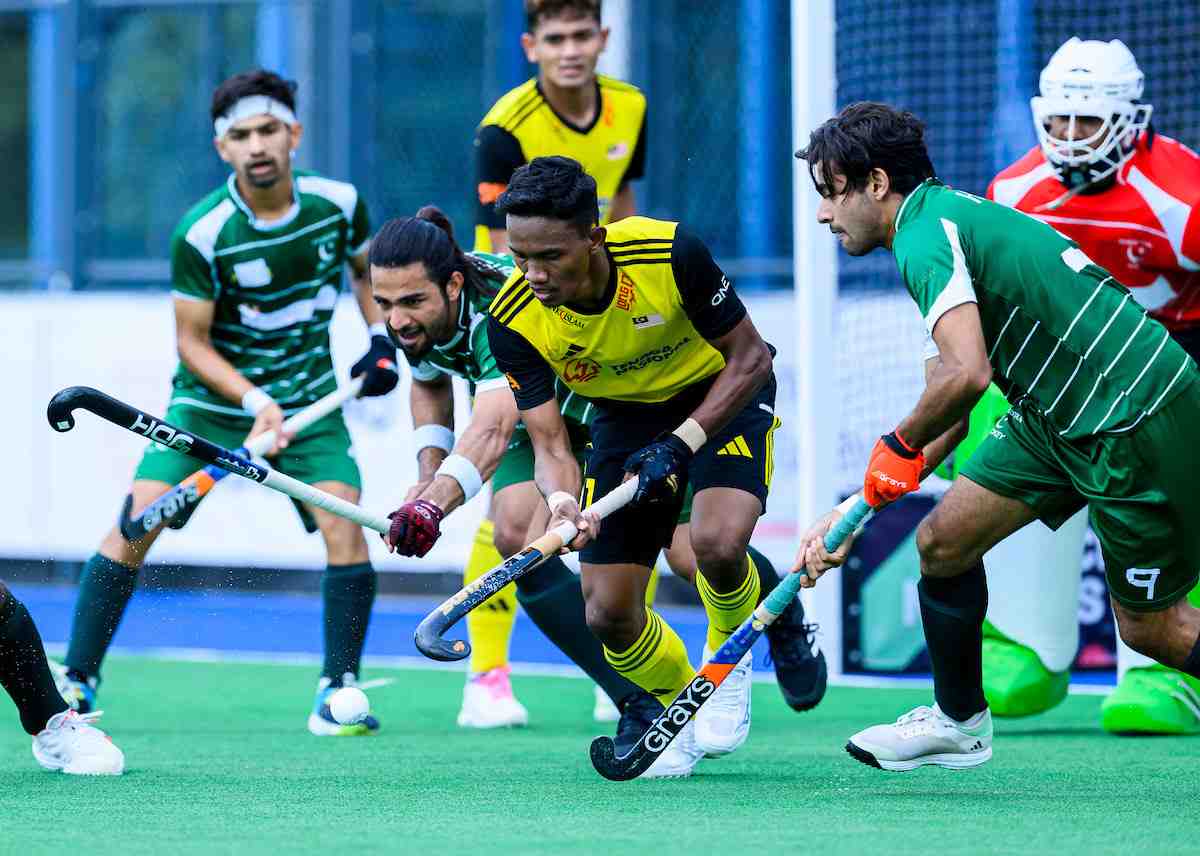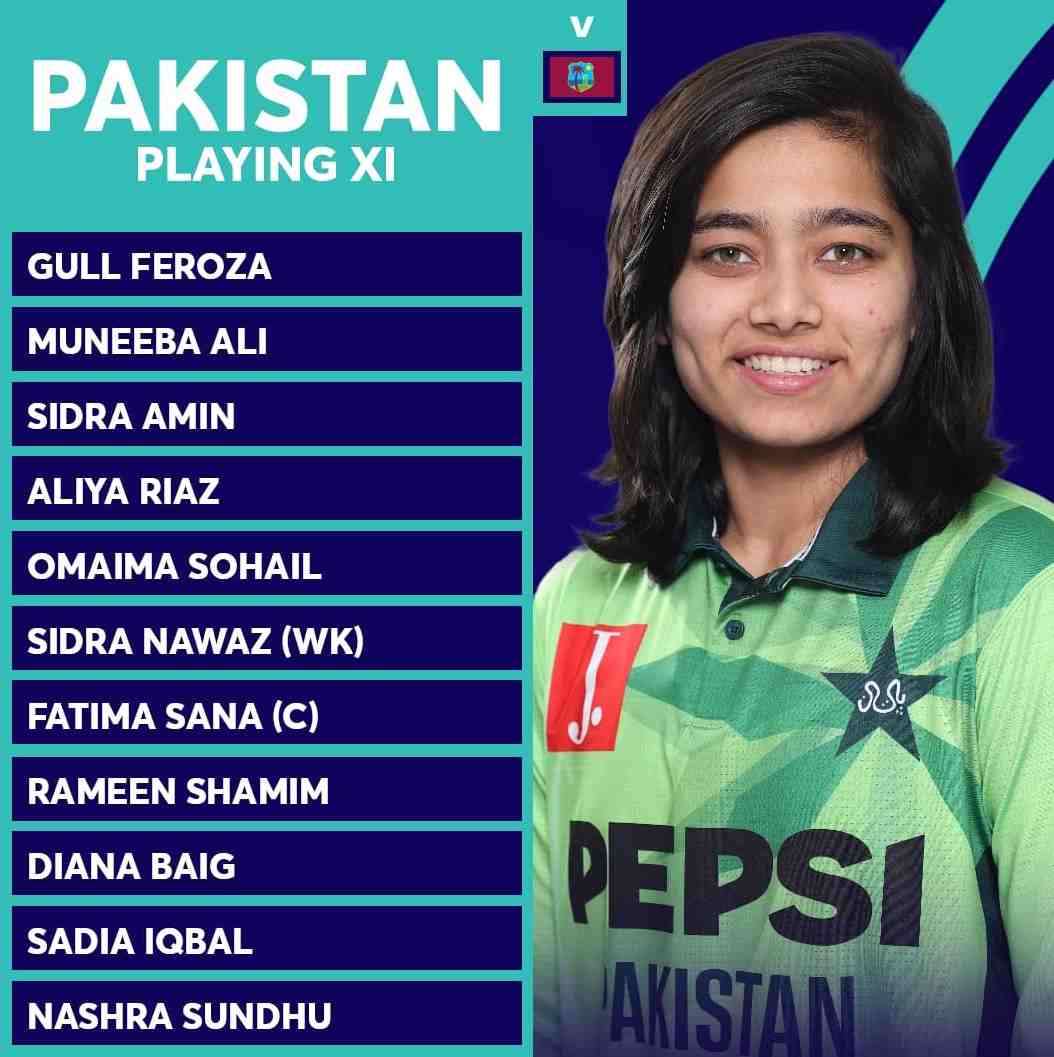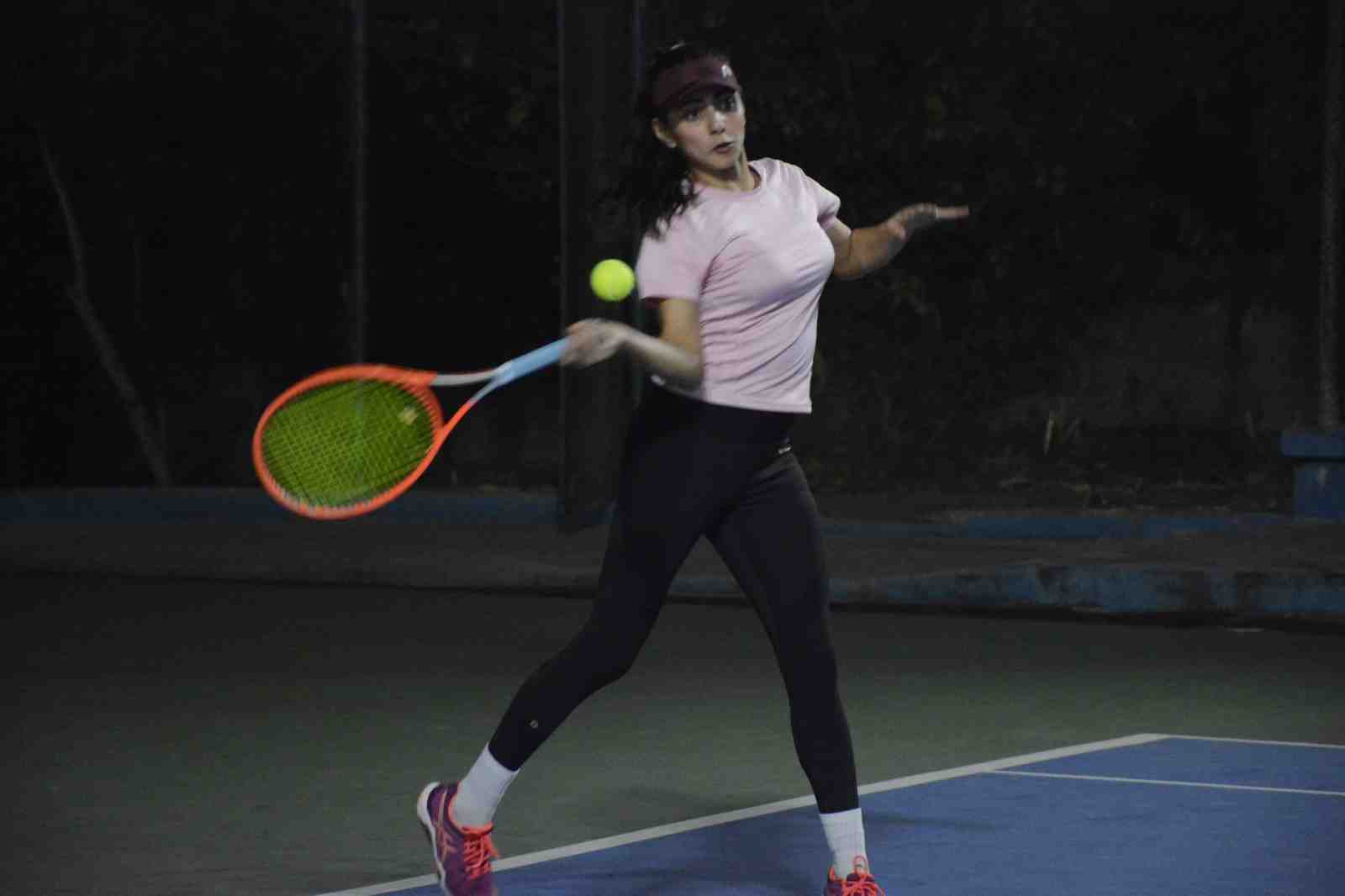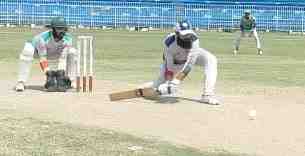KALININA AND SHANG THE ITF WORLD TENNIS TOUR STANDOUTS
Jamie Renton
The ITF’s Class of 2021 series recognises and celebrates players who have had a successful year progressing along the ITF player pathway, and beyond. The first of five categories being unveiled this week identifies two players who have had a stunning year on the ITF World Tennis Tour – winning a hatful of titles to accelerate their climb towards the top of the game.
Anhelina Kalinina and Juncheng Shang might be at very different stages of their tennis development, but they both shone brightly on the ITF World Tennis Tour in 2021.
Shang, or Jerry as he’s better-known amongst English speakers, not only carried the mantle of junior world No. 1 through the second half of the year and produced performances to match in boys’ competition, he also made a prolific start to the men’s game, winning his first three ITF singles titles in the space of five weeks. All that, and he is still only 16-years-old.
Kalinina’s journey, by contrast, has been one of sustained effort and resilience. She too was a promising junior, ranking at No. 8 in the world and finishing runner up in the girls’ singles at the 2014 US Open, but success has not come quickly since. Until this year, that is, when she rocketed up the rankings with five ITF singles titles – including her first three at W60 level and the biggest of the lot at W100 Contrexeville.
Anhelina Kalinina
“Quite a successful year, yes,” says 24-year-old Kalinina modestly when reflecting on a season that saw her claim titles at W25 Oeiras, W60 Zagreb, W60 Montpellier, W100 Contrexeville and W60 Nantes.
The Ukrainian also reached her first WTA final without dropping a set in Budapest in July, and by November had climbed to a career-high No. 52 in the WTA rankings, having started the year at No. 163. So why the understated summary of her success?
“I don’t like the word success,” Kalinina adds, matter-of-factly. “Success for me is like… Novak Djokovic this year. This is success. In all four Grand Slams this year the guy is going!
“But it is a big step forward in my career,” she admits. “A big step forward in terms of the confidence I gained, the experience I got, that’s what I would call this year.”
“I don’t like the word success. Success for me is like… Novak Djokovic this year. This is success."
Every top player has a different journey, but Kalinina is a fine example of a laser-focused individual who has honed her craft over time – capitalising on opportunities that have allowed her to develop her tennis in a way that might not otherwise have been possible.
The Grand Slam Development Fund (GSDF) has been a pivotal feature of her early career in that regard. She was a member of GSDF/ITF Touring Teams at both under 14 and under 16 level which afforded her the opportunity to travel and compete against the world’s best young players, and then, at the start of 2020, Kalinina – along with 23 other players – was given a $25,000 Grand Slam Player Grant by the GSDF to assist with her competition-related costs.
The timing couldn’t have been better. While the world went into Covid-induced lockdown, Kalinina was able to “put this money to my process, to keep going, to keep training with a fitness trainer every day.”
Buoyed by that extra conditioning work, she hit the ground running when international tennis resumed again later in the year and kicked on to new heights in 2021, compiling a 47-15 win-loss record from January through to the end of November (including a mighty impressive 31-4 record on clay).
“I was not expecting to be here now, on the edge of the Top 50, because I was not waiting for this,” Kalinina admits. “I was expecting my improvement, but I wasn’t thinking I would be close to the Top 50. My goal was to be Top 100 and to be in the main draw of Grand Slams.”
“I was expecting my improvement, but I wasn’t thinking I would be close to the Top 50. My goal was to be Top 100 and to be in the main draw of Grand Slams."
Kalinina achieved landmark wins over Angelique Kerber at Roland Garros and Daria Kasatkina in Moscow, but reaching that maiden WTA final was a particularly special moment.
“I was proud of myself, not only because it was a WTA event, but because it was my third tournament in a row,” she says. “I was on the road three weeks and I won a 60k (Montpellier), 100k (Contrexeville) and I was in the final in Budapest. I lost my 15th match… after 15 in a row!”
Kalinina played 21 tournaments in total from January through to November (“I’ve never played so much in a year”) and believes the work ethic and stability of her coaching team has largely contributed to her, er… success.
“I have had my husband (Anton Korchevskyi) as my tennis coach already for three years, and I’m really happy with that,” she says. “He’s been doing a huge amount of work and we’re very happy with the results of the work we’ve done. I’ve also had my fitness coach for two years and he knows what to do with me at each part of the season. My team is really ready.”
"No one guarantees that you will win a lot or you will succeed like crazy every week.”
So what next after her standout season?
“It’s important that next year we plan the schedule very smart,” Kalinina acknowledges. “Now I can get into the big tournaments like Doha, Dubai, Miami. In previous years it was very tough to play those, so I need to mix WTA tournaments with the ITF’s – 100k or WTA 125ks.
“I’m jumping in on these highest-level tournaments, but no one guarantees that you will win a lot or you will succeed like crazy every week.”
There’s no guarantee, for sure, but it’s safe to say Kalinina has all the tools to keep on climbing.
Coach’s view
Roberta Burzagli, the current Brazilian Billie Jean King Cup captain, was head coach on the GSDF Touring Team that Kalinina participated in at both under 14 and under 16 level. Burzagli reflects on the qualities that made her stand out from an early age:
”Anhelina was a very focussed and professional athlete from an early age. She was 100% committed to being a professional player and she knew what it took to get there. Her biggest strength was her mental outlook. She had a great attitude towards competing and tough matches always brought the best out of her. She has demonstrated her dedication over the past seven years (hovering between 100 and 300 on the WTA rankings) and it is great to see that her perseverance has finally paid off, with her recent successes taking her to the fringes of top 50. I’m sure there is a lot more still to come!”
Juncheng Shang
Tennis players often mature early but even with the known demands of making it in a high-pressure, individual sport, Juncheng Shang stands out as a wise head on young shoulders.
Never mind his results this year on both the Junior and Men’s ITF World Tennis Tour - and they really have been exceptional - at just 16 years old, Shang’s level-headed approach and cheery, likeable nature suggest he has all the ingredients to be a future star.
“I’ve learned so much this year from playing the ITF Tournaments, from juniors to men’s, [but] tennis is not the most important thing,” says the Beijing-born teen, prudently. “I think it’s more important to be a better person, a more professional athlete, and be disciplined to do all the things off court.”
In a season of two halves, Shang effectively completed his junior career by reaching the last eight in the boys’ singles at Roland Garros, the semi-finals at Wimbledon and the final at the US Open, before embarking on the start of his men’s career in style with titles on US soil at M15 Fayetteville, M15 Naples and M15 Vero Beach. Next year, his attentions will turn next to the ATP Challenger Tour.
“I’ve learned so much this year from playing the ITF Tournaments, from juniors to men’s, [but] tennis is not the most important thing”
Shang produced a 17-3 win-loss record in men’s competition on the ITF World Tennis Tour this year, but admits that his transition to the professional realm has been particularly aided by playing the world’s best juniors.
“It’s been a very fun and special year for me - not just with the results but most importantly the experiences I’ve had in the junior slams,” he says.
“I was also very grateful to play the South America tournaments at the beginning of the year. It was so hard for all the players to play tournaments in 2020, so it was important to get some matches and have the chance to complete.”
Shang rates the Grade A junior event in Brazil, JA Criciuma, where he polished off all but one of his five matches in straight sets, as his most important title in 2021.
“My condition wasn’t 100% ready but during that tournament I learned how to win matches in a shorter amount of time, which was something I struggled with,” he admits.
Two weeks later, Shang was mixing it with the pros after being handed a wild card into qualifying for the ATP tournament in Miami, where he ultimately fell to Britain’s Liam Broady in a deciding tie-break.
“[That] was an unreal experience,” he remembers. “Seeing how the top players play and how they get ready for their match, I learned a lot that week and I know I need to be more professional to compete at a higher level.”
“It’s been a very fun and special year for me - not just with the results but most importantly the experiences I’ve had in the junior slams”
Winning a junior Grand Slam would have been the perfect way to sign off on his boys’ career and while Shang admits he still has “a lot of regrets after the US Open”, he learned plenty following the defeat to Daniel Rincon in the boys’ title match in New York.
“Unfortunately I didn’t take the trophy I wanted but it was an amazing experience to play in the final and I had some sort of momentum going into the pro tournaments,” he reasoned.
“It was quite special to then go on and win my first $15k title while still a junior, saving a match point in the first match [at M15 Fayetteville] and grinding all the way to the final.”
Given his age, what he’s already achieved, and the fact that he hails from a family used to performing in elite sport (Shang’s mother was a table tennis player and his father a footballer), it’s clear there’s plenty more to come from the current junior world No. 1.
Coach’s view
Jimmy Arias is the Tennis Director at the IMG Academy in Florida, where Shang trains. He comments on the qualities that are key to the youngster’s impressive development.
Arias: “Jerry’s game is based around being a shot maker, incredibly fast and solid all around. Jerry has amazing feel and can get out of difficult positions with ease. He is able to transition well from defence into offence. He is successfully transitioning from junior tennis into the pro tour on path to a career full of achievements.”

